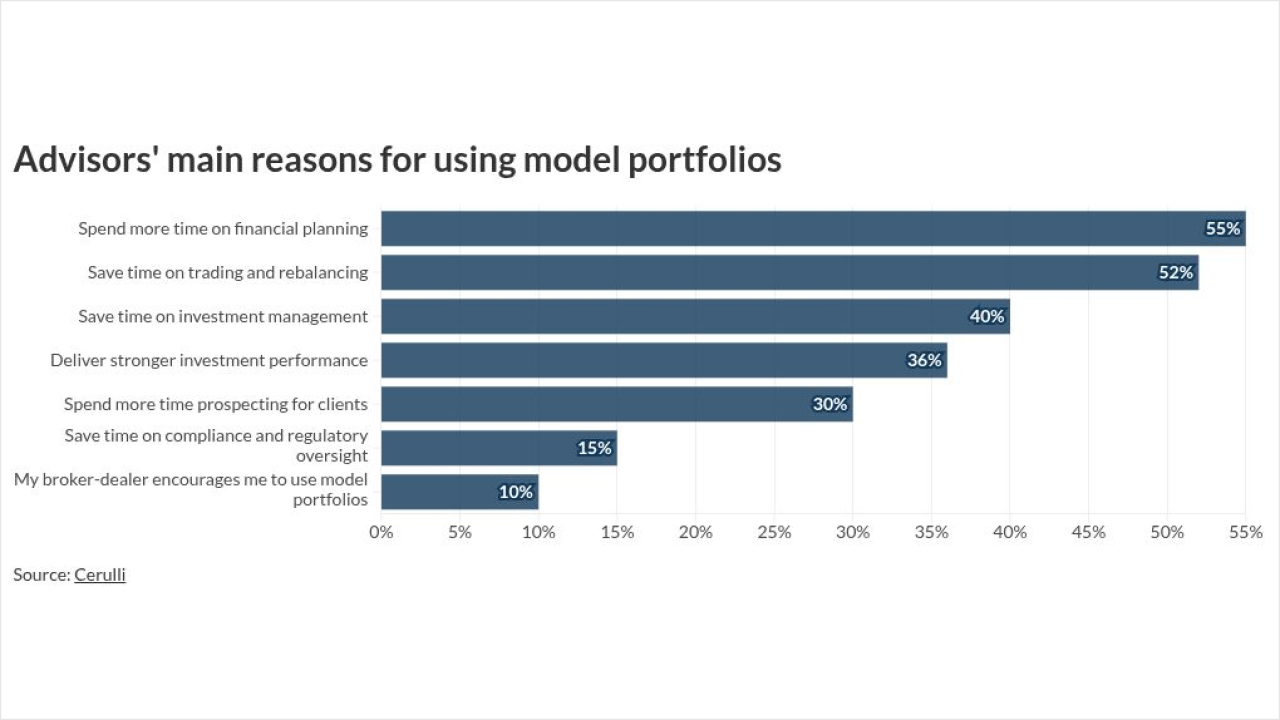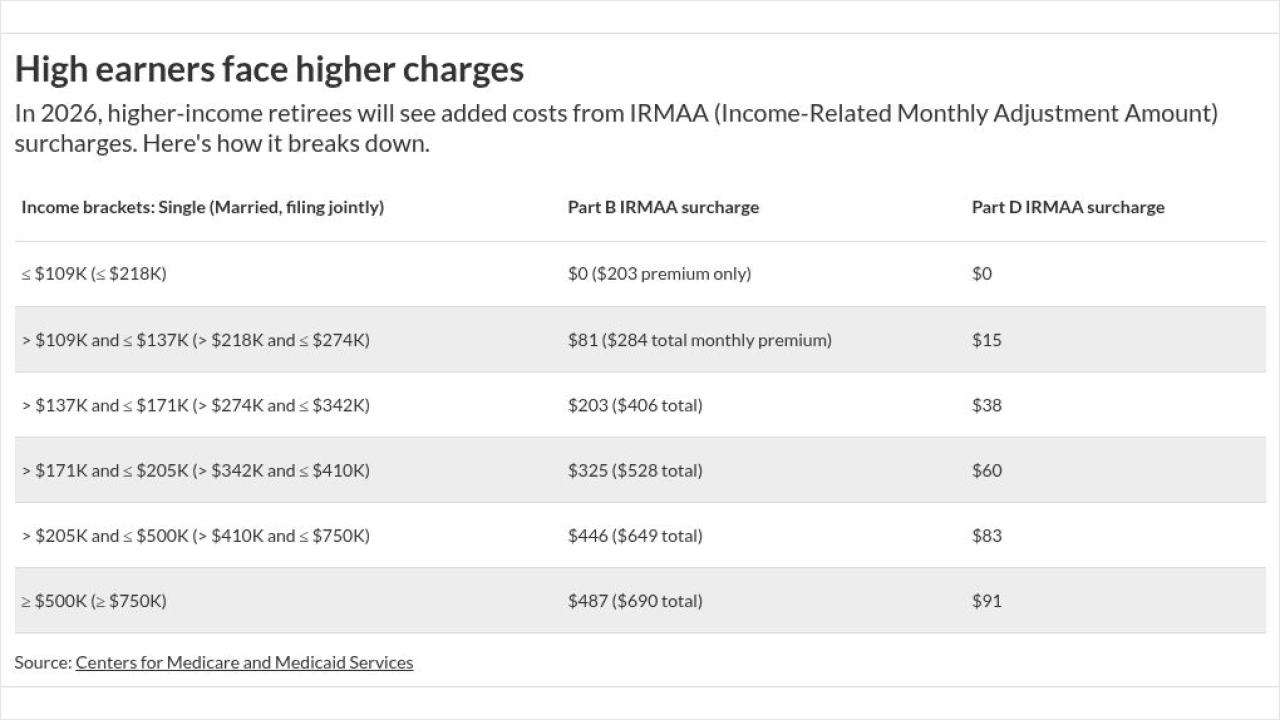The bad breakup of Credit Suisse and its former brokers continues.
The Swiss financial house is now facing a class-action lawsuit initiated by a former employee who claims that he and other advisors were deprived of hundreds of millions of dollars in deferred compensation when Credit Suisse exited the U.S. brokerage market two years ago.
In the federal lawsuit filed in California's Northern District, Christopher Laver alleges that Credit Suisse withheld the compensation from departing brokers on the grounds that they "voluntarily resigned," thus forfeiting their contractual right to the payouts. Only advisors who transitioned to Wells Fargo Advisors, with which Credit Suisse had entered into an exclusive recruiting arrangement, received their deferred compensation.
"Otherwise, all outstanding earned deferred compensation was cancelled and denied entirely by Credit Suisse," Laver's complaint reads. "Through this 'resignation' façade, Credit Suisse is reported to have improperly retained as much as $300 million in deferred compensation owed to the advisors."
In an emailed statement, Credit Suisse spokeswoman Karina Byrne says that "the allegations are false and the case has absolutely no merit." The firm "will vigorously defend the action in due course."
Byrne says that every U.S. relationship manager in Credit Suisse's Private Banking division had the opportunity to transition to Wells Fargo, "for which they were offered lucrative compensation packages that included payments covering their contingent deferred compensation."
She further argues that Laver and other litigants in the class-action suit who didn't take the offer to join Wells Fargo aren't owed anything because of the deals they reached with other firms.
-
In a concession to the advisor, he can still respond to client emails and calls, even though he may not initiate contact.
December 13 -
Breakaway uncertainty is forcing the RIA to re-evaluate its growth strategies.
December 10 -
Despite Merrill Lynch’s recent decision to stay in the Broker Protocol, Greg Fleming sees a long struggle ahead.
December 6 -
Morgan Stanley and UBS's exit from the accord spurred a number of advisors to move up their planned career changes.
December 6
"Those who chose not to accept those offers had negotiated equally or more lucrative compensation packages from competing institutions that also covered the same contingent deferred compensation at issue here, consistent with standard industry practice," she says. "Simply put, the plaintiff here is looking to be paid the same money twice."
Attorneys for Laver did not immediately respond to requests for comment, but in their complaint, they argue forcefully against the notion that the advisors they represent were made whole through the compensation they received from other firms after Credit Suisse shut down its U.S. wealth management business.
"The deferred compensation at issue here was earned and is owed," the complaint states. "Credit Suisse should not be able to avoid its obligation to compensate the advisers fully and fairly by claiming they 'resigned' when, in fact, Credit Suisse simply ceased operating this business."
The lawsuit is the latest action disgruntled former Credit Suisse brokers have taken against their old employer. Many former brokers have sued, and Credit Suisse has

Despite Credit Suisse's exclusive recruiting arrangement with Wells Fargo, many of the departing advisors landed at other firms, such as UBS and JPMorgan. Laver was one of the dozens of departing brokers who landed at UBS, an exodus that prompted Credit Suisse to
That matter, along with dozens of cases involving individual advisors and teams, is still working its way through the FINRA arbitration process. The complexity and unique features of each of those cases make it unlikely that the class-action lawsuit will succeed, says Ross Intelisano, a partner at the New York law firm Rich, Intelisano & Katz, who is representing about a dozen former Credit Suisse advisors seeking to reclaim deferred compensation.
"I think it's unlikely that they will be able to certify the advisors as a class because there are individual facts relating to each of the cases," Intelisano says.
He is highly skeptical about Credit Suisse's claim that advisors aren't owed the deferred compensation because they received a generous onboarding package with their new firms. He argues that each compensation agreement is unique, and that the terms of those deals should have no bearing on their deferred compensation agreements with Credit Suisse, which are tied to that firm's share price.
"It's a completely different agreement. It's legally impossible for an advisor to have a deal with the new firm that would cover exactly the deal they had with Credit Suisse," Intelisano says. "It's not like they can just write you a check. I don't think it's going to pass the smell test, but we'll see."





